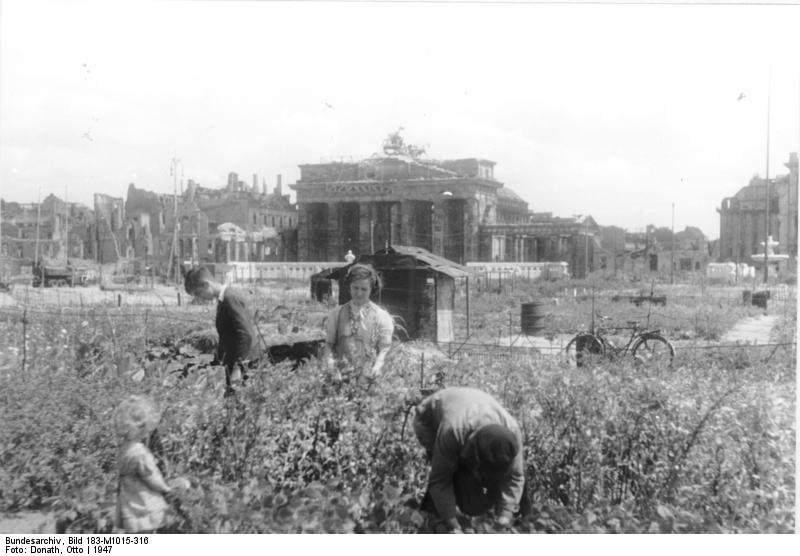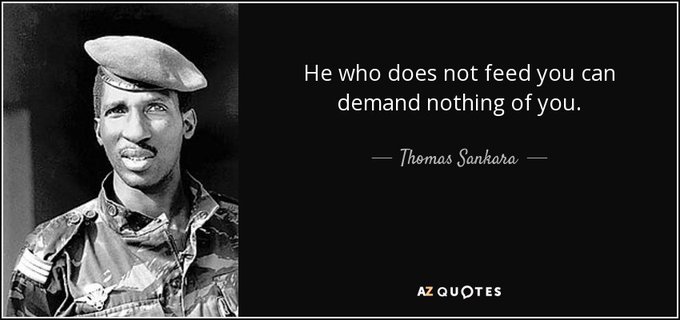Food layout
To understand why Europe and some other regions of the world are facing a massive food crisis, you need to know a few things:
Ukraine is one of the largest exporters of agricultural products, providing a number of countries with food: it exported to the world market about 50% of sunflower oil during 2017-2021, 15% of corn, 15% of barley and 10% of wheat.
The sowing campaign of spring wheat usually begins at the end of March, sunflower - in mid-April, corn - in the second half of April. The first to start work are the southern regions, where active hostilities are taking place today. In total, as of March 15, hostilities covered 10 regions of Ukraine, which in total account for 54% of sunflower crops, 42% of corn, 52% of wheat.
A delay in sowing for 15-20 days can lead to a decrease in yield up to 35%. If the hostilities continue, the sowing campaign in a number of regions may not take place at all.
Going further, the Black Sea area, including Russia and Ukraine, provides 30% of world wheat exports, 20% of world corn exports and 76% of sunflower supplies. The Black Sea basin is, in fact, the granary of Europe, the most important region for the production of grain and agricultural products. But not only Europe will suffer, 40% of wheat supplies from the Black Sea region fall on the Middle East and Africa, where food has already become very expensive.
Prices for mineral fertilizers, which are energy intensive, have already skyrocketed since autumn 2021 due to extremely high European prices for natural gas, which costs up to 80% of production costs.
Significantly increased prices for ammonia used in the production of fertilizers, which was imported by Europe from Ukraine in significant volumes. This forced the world's largest producers of nitrogen fertilizers to raise prices and partially curtail production. Fertilizer prices are directly factored into the prices of future grain harvests and affect current food price quotations.
It is now clear that hostilities will definitely not end by the end of March, but most likely they will also capture April. The RF Armed Forces will move on, and more and more agricultural land will be at the epicenter. But even if we assume that some part of the land will be used and the sowing campaign will begin, we must understand two things: 1. Ukraine is experiencing a catastrophic shortage of fuel and lubricants, which even fetters the actions of the Armed Forces of Ukraine, and the sowing campaign cannot be carried out without fuel and lubricants; 2. All supply chains are broken and blocked (the ports of Mariupol, Odessa and Nikolaev are incapacitated);
With crazy energy prices, shortages of fertilizers, grains and other crops, we are heading towards the biggest food crisis in 20 years. It is impossible to compensate for the deficit in the world market of Russian and Ukrainian grain, even in the perspective of two or three years. All these factors are pushing grain prices and the entire food complex up.
All will suffer from higher prices, but especially large developing countries with a significant proportion of the poor, especially in the Middle East and North Africa, where, due to the arid climate and limited arable land, there is no way to produce their own food in sufficient quantities.
Lebanon and Yemen are particularly vulnerable, with more than half of the population already starving in the latter. Egypt with a population of more than 105 million, Algeria (45 million), Tunisia (12 million) will face difficulties. Even the rich countries of the Gulf will face difficulties. Saudi Arabia, for example, imports large volumes of Russian and Ukrainian barley for animal feed. In the Asia-Pacific region, Pakistan (225 million), Indonesia (276 million), Bangladesh (166 million), which import significant volumes of wheat from Russia and Ukraine, will face difficulties. Even more economically developed and less dependent on post-Soviet wheat imports, Turkey will suffer.
Telegram channel: @togarma301
Also:
Russia from March 15 to June 30 may ban the export of wheat, rye, barley and corn.
- Ministry of Agriculture of the Russian Federation
https://t.me/ArmenianVendetta/21168




